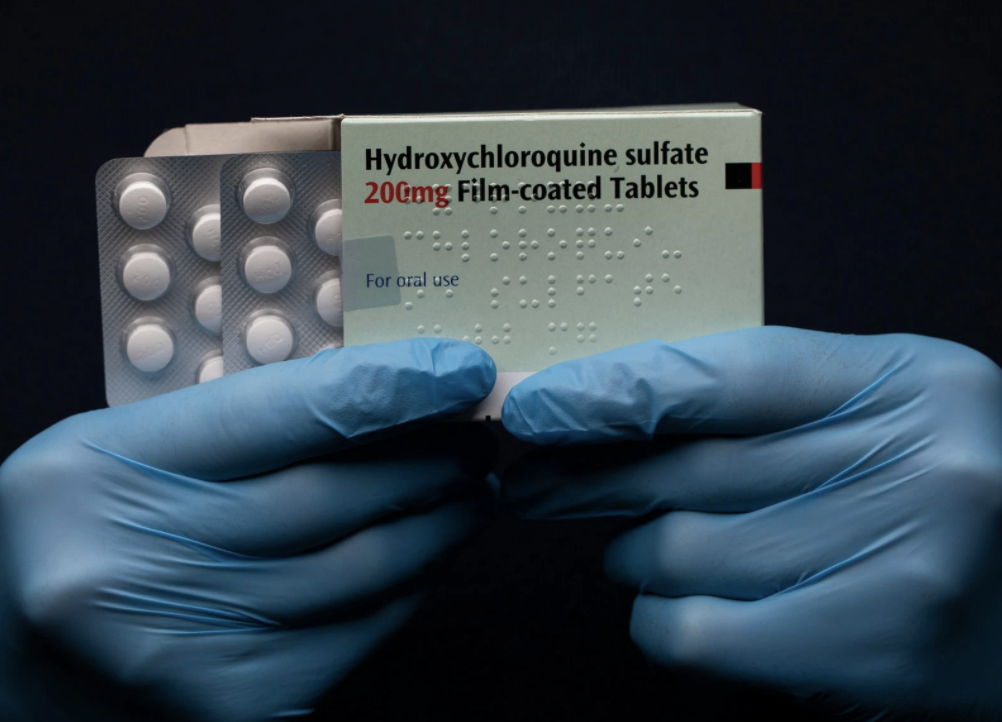The New York Times and Washington Post aren't going to enjoy reporting this.
A relatively small study involving coronavirus patients in China has determined that the malaria drugs that President Trump has been pushing as potential coronavirus 'miracle cures' actually do seem to work in preventing COVID-19, the disease caused by the novel coronavirus, from progressing into its most lethal stage.
The news will send "a ripple of excitement" through the medical community, one doctor said.
Here's more from the NYT:
The malaria drug hydroxychloroquine helped to speed the recovery of a small number of patients who were mildly ill from the coronavirus, doctors in China reported this week.Cough, fever and pneumonia went away faster, and the disease seemed less likely to turn severe in people who received hydroxychloroquine than in a comparison group not given the drug. The authors of the report said that the medication was promising, but that more research was needed to clarify how it might work in treating coronavirus disease and to determine the best way to use it.“It’s going to send a ripple of excitement out through the treating community,” said Dr. William Schaffner, an infectious disease expert at Vanderbilt University.
Though NYT, WaPo, and most of the left-wing press has sought to focus on the "unproven" nature of hydroxychloroquine and its analogue chloroquine, as well as the fact that Trump's remarks have purportedly spurred harmful hoarding (which has deprived some regular patients of their medication) and at least one man's decision to try a harmful COVID-19 "home remedy" with the same active ingredient in the medication (spoiler alert: that man poisoned himself, and the mainstream press swiftly declared it to be Trump's fault), some professionals have backed Trump.
Writing in WSJ last week, a pair of doctors reviewed the evidence at hand and recounted their clinical experience saying they had seen the drug effectively treat COVID-19.
Fortunately, as the NYT noted in this latest article, the drugs are cheap, relatively plentiful, and mostly harmless.
Now that the FDA has granted the drug emergency approval, part of a plan to allow its use in New York in particular, doctors suspect more patients will begin asking for the drug.
"I think it will reinforce the inclination of many people across the country who are not in a position to enter their patients into clinical trials but have already begun using hydroxychloroquine," he said.
And now, doctors have every reason to give it a shot.
